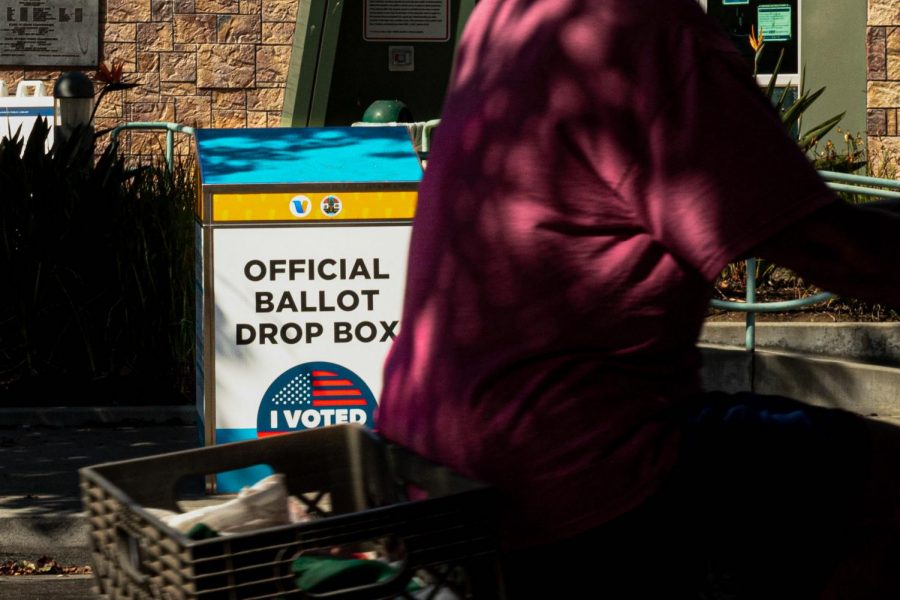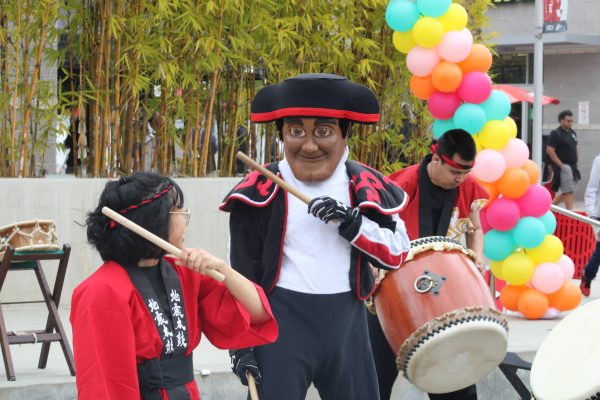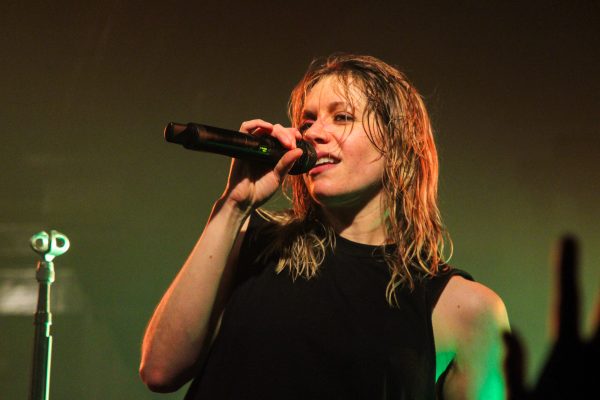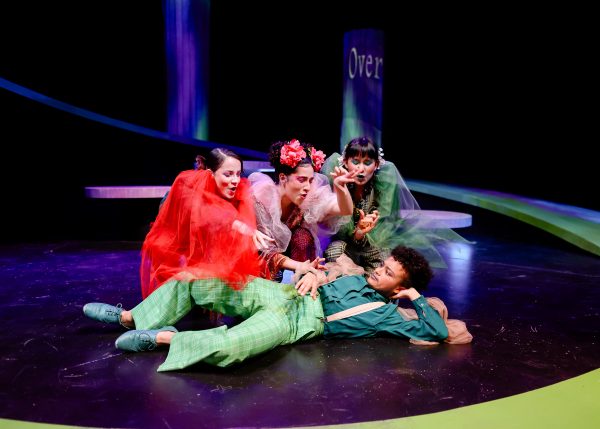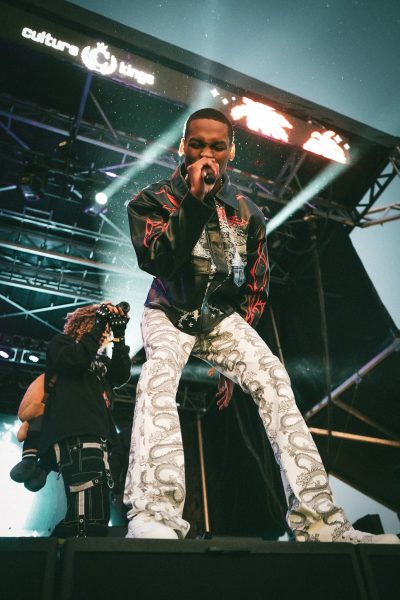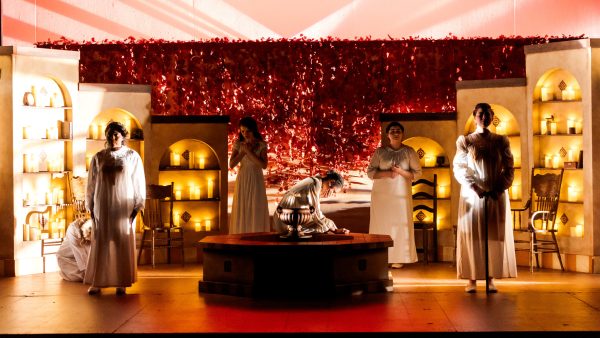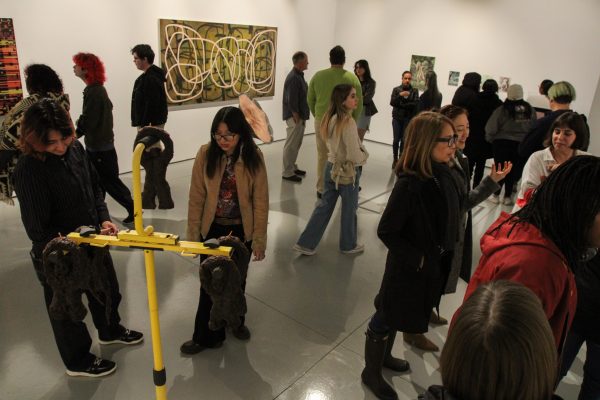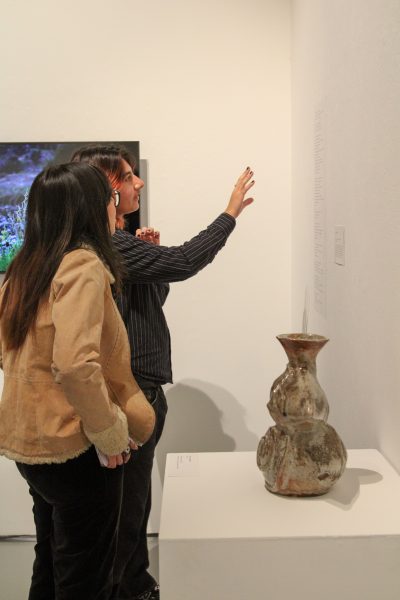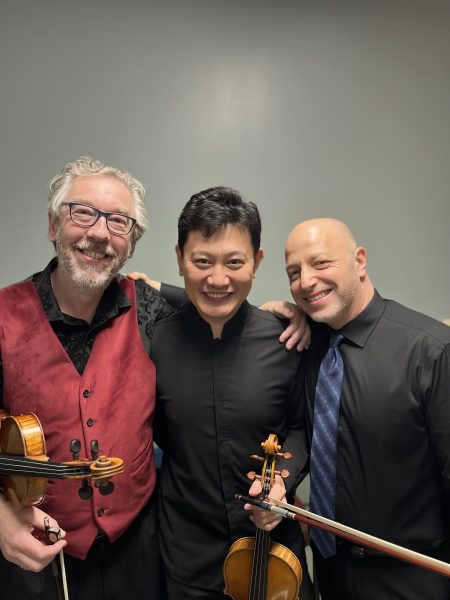Review: “All In”, the fight for democracy
Follow the race results updates every 10 minutes.
October 19, 2020
As I watched “All In: The Fight For Democracy,” I was reminded of my mail-in ballot sitting on my table. Both, urging me to do one thing — vote.
The Amazon Prime documentary is like a public service announcement to vote in spite of the flawed voting system that has been in place since the nation’s beginning.
The documentary kicks off with the 2018 Georgia Governor race between Democratic candidate Stacey Abrams and Republican candidate Brian P. Kemp, the former Georgia secretary of state. Kemp was eventually elected Georgia’s governor. However, Abrams contends that Kemp had actively disenfranchised minority voters through denying and delaying voter registration and purging the voter rolls during his time as secretary of state.
We are invited into Abrams’ life throughout the film. Abrams, who is also one of the documentary’s producers, reflects on an early memory of when she was denied entry to the Georgia governor’s mansion as valedictorian.
She also tells the moving story of her grandmother casting her first vote three years after the Voting Rights Act of 1965 was passed. Abrams recalls her grandmother being terrified to exercise her right after witnessing the violence inflicted upon those fighting for the right to vote.
In a way, her grandmother’s story puts things into perspective. There are people who have led movements to secure our rights to vote and we should not allow fear to stop us from exercising those rights.
Between the biographical moments of Abrams’ life, we are reminded of major events in history that have propelled voting rights forward such as women’s suffrage, the Civil Rights movement and the passing of the Voting Rights Act of 1965.
In addition to these voting rights victories, the documentary exposes a pattern where these accomplishments have consistently been met with push back.
For example, a 2018 Florida ballot measure allowed former felons to vote and overturned a Jim Crow-era restriction as a result of the Black Codes. However, Florida passed a law that required these former felons to pay fines and fees that were essentially a poll tax.
Additionally, the Supreme Court ruled 5-4 in Shelby County v. Holder in 2013 — a landmark vote that invalidated Sections 4 and 5 of the Voting Rights Act of 1965. According to SCOTUSblog, the sections required “all state and local governments with a history of voting discrimination to get approval from the federal government before making any changes to their voting laws or procedures” to prevent discrimination in voting.
The court ruled that Section 4 was unconstitutional because the formula — that determined which local and state must comply with Section 5 — was based on data that was over 40 years old. Without Section 4, Section 5’s preclearance system became redundant.
The Supreme Court’s decision essentially opened the door to laws that restricted voting through the United States, as the ruling had an immediate effect on voting rights in every state.
In an interview for the documentary, Michael Waldman, president of the Brennan Center for Justice at NYU School of Law said, “Just hours after the decision came down, states began to implement voter suppression laws all across the country.”
What makes this documentary much more compelling is its relevance. Its timing could not have been more perfect as the 2020 presidential election is just under a month away. Those voting in California must have their ballot postmarked on or before Nov. 3 and it should be received by the county elections office no later than 17 days after the election.
The major takeaway from this documentary was the consistent message of going out to vote. We should vote because it is our right and because we have the ability to make an impact.
Carol Anderson, an African American studies professor at Emory University, urges the viewer with a call to action in the documentary:“If you believe in one person, one vote, if you believe in representative government, then you will fight for this democracy.”
